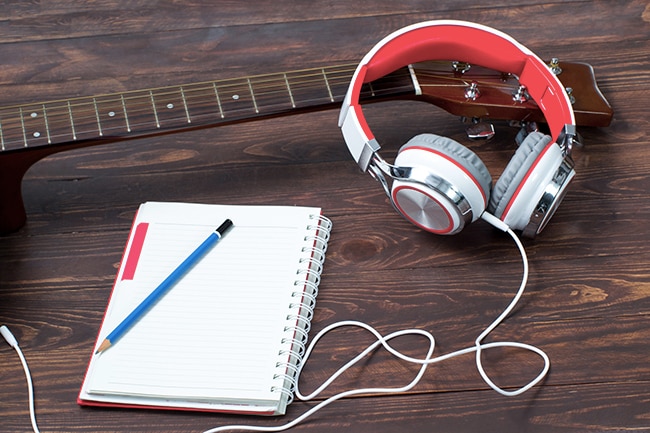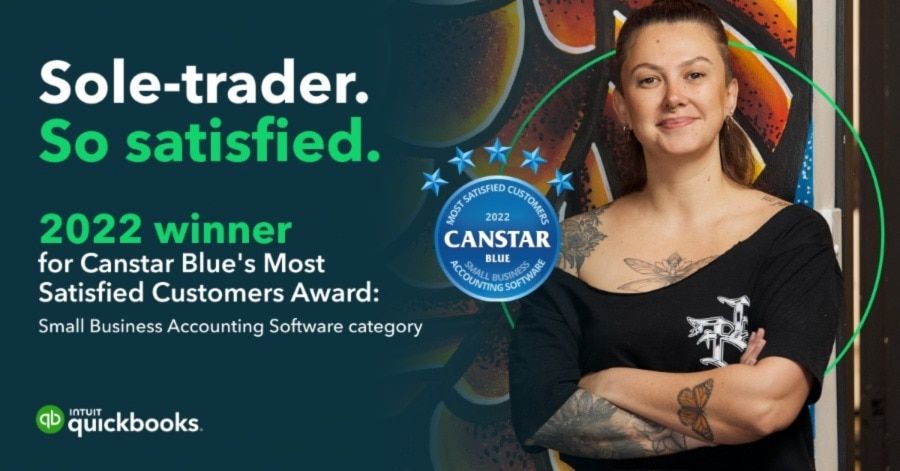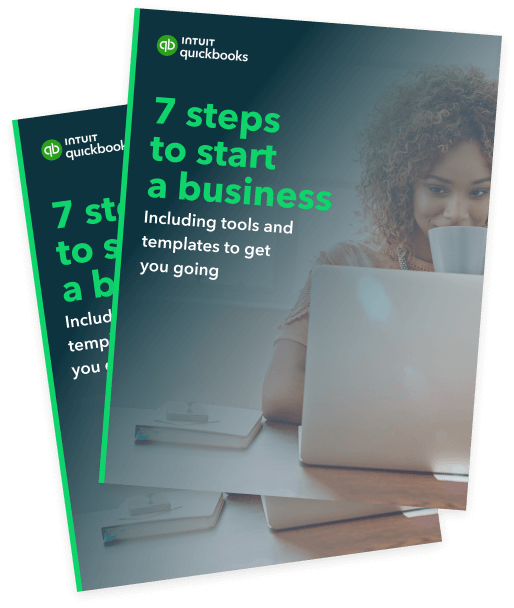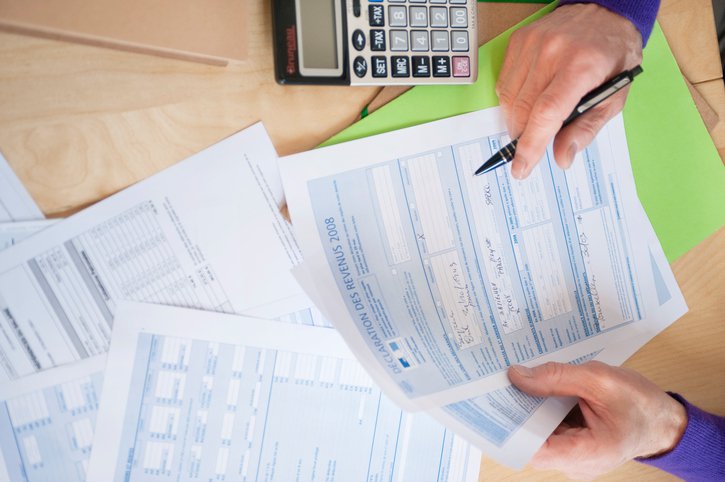While understanding the relationships inherent in sound might be your area of expertise, figuring out your tax obligations when you’re a self-employed musician could be a challenge. From reporting to understanding the deductions you’re eligible for, there’s a lot to learn. Here’s what you need to know to keep you and the tax man in tune.

A tax guide for musicians
Just starting out?
If you’re making music for work and you intend to profit from your efforts, then you’ll need an Australian business number (ABN) to put on your invoices and to report your earnings to the Australian Taxation Office (ATO). You can apply for this, and your tax file number (TFN) (if you don’t already have one), at the same time.
The easiest way to apply is online via the Australian Business Register. If you’re a lone musician, you’re classified as an individual or sole trader. If you’re in a band, then you’re recognised as a company, partnership, or trust.
What about tax?
If the annual income you make from your work as a musician – or your combined income if it’s your side-hustle – exceeds $18,200, you have to pay tax. How much you pay will depend on your income bracket. If you earn over $75,000 from being a musician alone, you’ll need to register for and collect Goods & Services Tax (GST) from your clients.

Eligible deductions
Since you earn an income as a musician, you’re entitled to claim tax deductions for work-related expenses. These include:
- Musical instruments and accessories: Including cases, stands, books, and bows
- Vehicle and travel expenses: Provided they are work-related, such as travelling to a performance
- Manager/booking agents: For commissions only, not upfront or joining fees
- Equipment insurance: For instruments, speakers, and sound systems
- Music industry journals: For example, Music Australia, Musicology
- Professional association fees: Such as the Australian Music Association (AMA)
- Musical events: You can claim a portion of the cost of the ticket price where you attended to learn and keep up with the latest trends
- Promotion: Includes advertising, CDs, website maintenance (not initial set up costs)
- Recording studios fees: Including studio hire, producers, and engineers
- Rent for classroom or teaching space: If your work includes teaching music
- Stage clothes or costumes: For stage performance costumes, not regular clothes
- Consultant fees: Such as hiring a lawyer or tax agent to advise you
- Depreciation: Includes assets you purchase and use for work, including computers and mobile devices, TVs, vehicles, CDs, and instruments
Missing some receipts? You can claim an immediate deduction for any equipment costing $300 or less, however certain restrictions apply.
What you can’t claim
While there are plenty of deductions you can claim for, there are certain things you can’t claim, such as:
- Preparing for and getting to auditions
- Gifts to fellow performers
- Meals eaten during the course of a normal working day (unless you’re performing away from home)
- Attending awards nights or social events
What records do you need to keep?
To make sure you’re prepared for June 30, keep accurate records of all your income and expenses. It can help to keep a separate bank account to your personal account and collect and store your receipts throughout the year. This is the evidence you’ll need to substantiate your claims.
If performing keeps you on the road, it might be worthwhile considering using a cloud-based accounting tool, such as QuickBooks Self-Employed, which automatically untangles your expenses and lets you snap and store receipts from your mobile phone. Now that you’ve got your tax prep sorted, tune up and keep turning your talent into profit.
Related Articles
Looking for something else?
Stay up-to-date with the latest small business insights and trends!
Sign up for our quarterly newsletter and receive educational and interesting content straight to your inbox.
Want more? Visit our tools and templates!
















